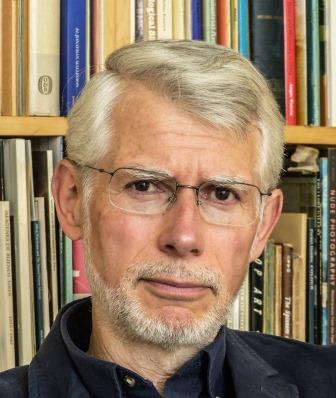Tristram Besterman was the keynote speaker at the London 07 June 2016 commemorative event organised by the British Committee for the Reunification of the Parthenon Marbles in conjunction with:
The International Organizing Committee – Australia – for the Restitution of the Parthenon Marbles Inc. (IOC-A-RPM) and the South African Committee for the Reunification of the Parthenon Marbles (SACRPM).
The event marked 200 years from the date in 1816 when the British Parliament voted to purchase from Lord Elgin his collection of sculpted marbles collected from the Parthenon and elsewhere on the Athenian Acropolis.
To date and despite many requests made by Greece, the British Government and the British Museum are not looking to find ways to reunite what is a peerless work of art. For more information on the UK Government and British Museum's position, please click here.
Keynote speaker for the event was Tristram Besterman and his paper entitled, Museums: letting the genie out of the bottle, provided all that attended with food for thought.
Placing the debate around the contested Parthenon sculptures in the context of the 21st century museum, Tristram reflected on the democratically accountable museum, his own involvement in repatriation and how we should open up the museum as a space where other voices are heard. Far from a betrayal of Enlightenment values, museums are true to their roots when they challenge orthodoxy and reframe authenticity.
To read Tristram's paper, please click here.
Tristram Besterman is a freelance adviser and writer on museums and issues of cultural identity, dispossession and restitution. He draws on over forty years of experience of leading, managing, and developing museums in the public realm in the UK.
Following a brief stint with the BBC in London, Tristram's first job in a museum was in Sydney in 1974. There he discovered that his interest in public communication also called upon the scientific training he'd received at Cambridge. On a visit to Canberra, Tristram witnessed the Aboriginal Tent Embassy outside the national Parliament building, a scene that raised his own awareness of Aboriginal rights in Australia.
On his return to the UK, Tristram's subsequent museum career took him via Sheffield, Warwick and Plymouth to the Manchester Museum, where he was director from 1994 until 2005. In 2003, the Manchester Museum repatriated a number of human remains to Australian Aboriginal representatives, one of the first UK museums to do so. To read more on this, click here.
For over two decades Tristram was influential in the development of museum ethics in the UK and internationally, and was Convener of the Museums Association Ethics Committee from 1994 to 2001. He redrafted and renegotiated the definition of a new kind of socially reflexive museum for the profession. This underpinned the publication of the Code of Ethics for Museums which was adopted by the Museums Association in 2002. A radical departure from the object-focus of its predecessor, at the heart of the new Code was the museum's accountability to society.
He has served on a number of national bodies in the cultural sector, including the UK Government's Ministerial Working Group on Human Remains from 2001 to 2004. Trained as a civil mediator, Tristram has been an advocate for and instrumental in the repatriation of human remains to source communities in Australia and New Zealand from Manchester, Brighton and the British Museum. He contributes to the literature on cultural restitution and is currently involved in an academic study of the cross-cultural understanding and friendship that can develop between participants in repatriation.


Comments powered by CComment